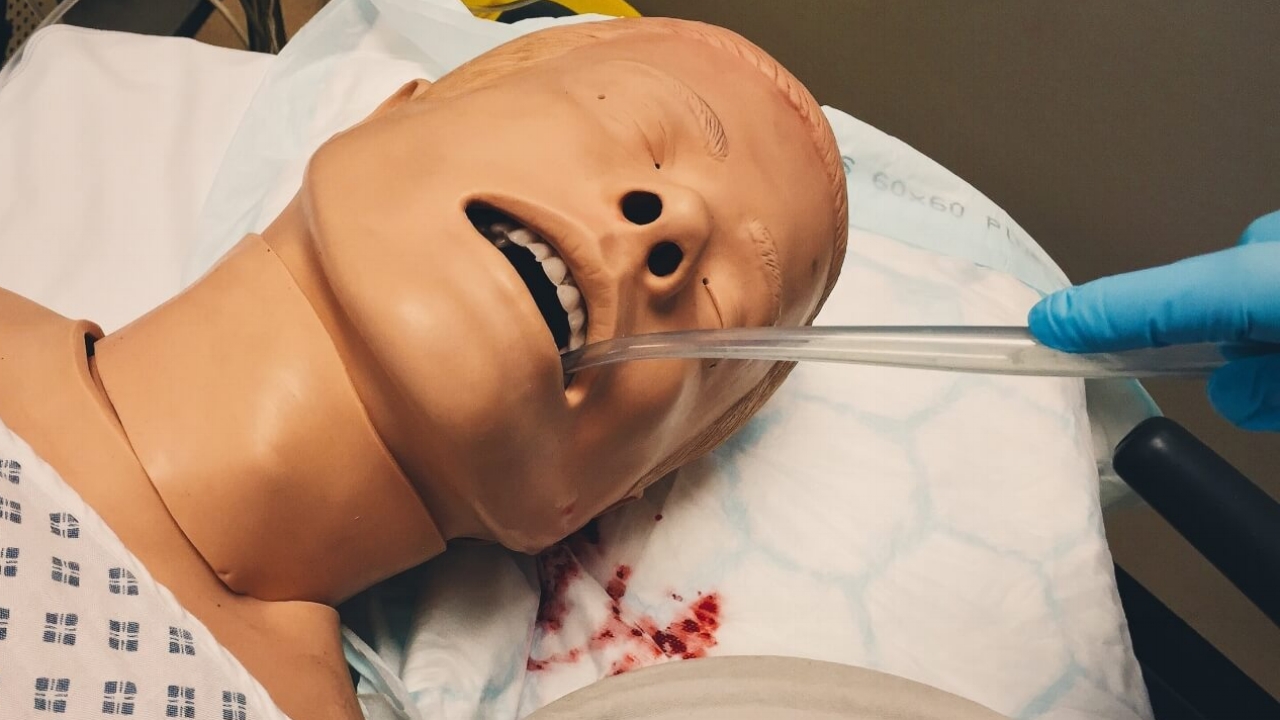Working in the Emergency Department: Is it just service provision or do our trainees actually learn?
Authors: Dr J Sillett, Dr D Roland, Dr J Acheson
From: Leicester Royal Infirmary
Presented as a Poster at #RCEM15 (Manchester)
Objectives and Background
Junior Doctors working in Emergency Departments (ED) often work unsociable hours in an environment with heavy service pressures. It can be challenging to determine what they learn during this time.
There are multiple ways of assessing trainees on the different domains of the Royal College of Emergency Medicine curriculum(1).
Our ED induction contains a pre-attachment Single Best Answer (SBA) MCQ. We aimed to determine what the change in scores, as a measure of knowledge acquisition, would be at the end of a rotation through our ED.
Methodology
A SBA MCQ bank was updated for the medical year 2014-15 on a broad range of clinical topics relevant to Emergency Medicine (EM). It was designed as a formative assessment. Fig. 1 shows an example question.
Fig. 1 An example question
Junior doctors (FY2-CT2) were asked to sit the paper as part of their induction to the department. The test was conducted through an online module, which remained open for a fixed window of time.
Trainees received their final score as a percentage and feedback identifying the questions they got wrong immediately post test.
They were then asked (voluntarily) to sit the same paper again at the end of their time in the ED (also having participated in a departmental teaching programme(2))
Results
In total 33 trainees sat the first attempt (the distribution of these scores can be seen in Fig. 2). 13 trainees have completed a second attempt.
The results for trainees who have completed a second attempt can be seen in Table 1. Overall the mean scores increased on the second attempt by 11.6%.
Knowledge acquisition did not relate to clinical performance with learning occurring across a range of clinical topics with no one area showing improvement among all candidates.
Fig. 2 Percentage Scores at First Attempt
Table 1. Comparison of first and second attempts
Conclusions
Our findings demonstrate that the majority of trainees working in our ED finish with a greater knowledge of clinical topics relevant to EM.
Reasons why the retest numbers were so low, variability in change and the clinical relevance of this knowledge acquisition needs further study.

#SimBlog: Acute Upper GI Bleed #1






